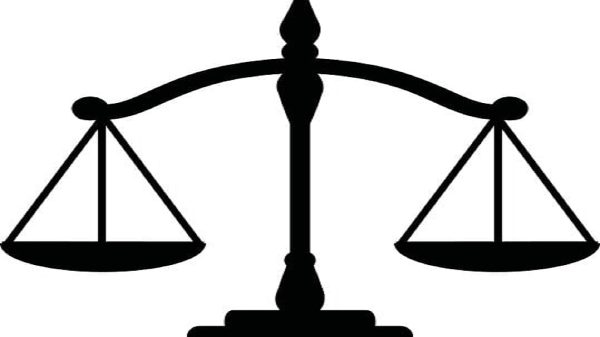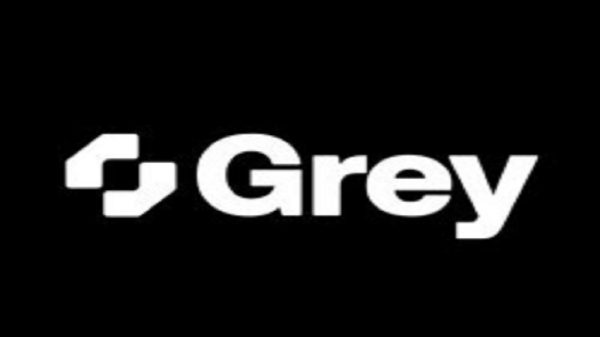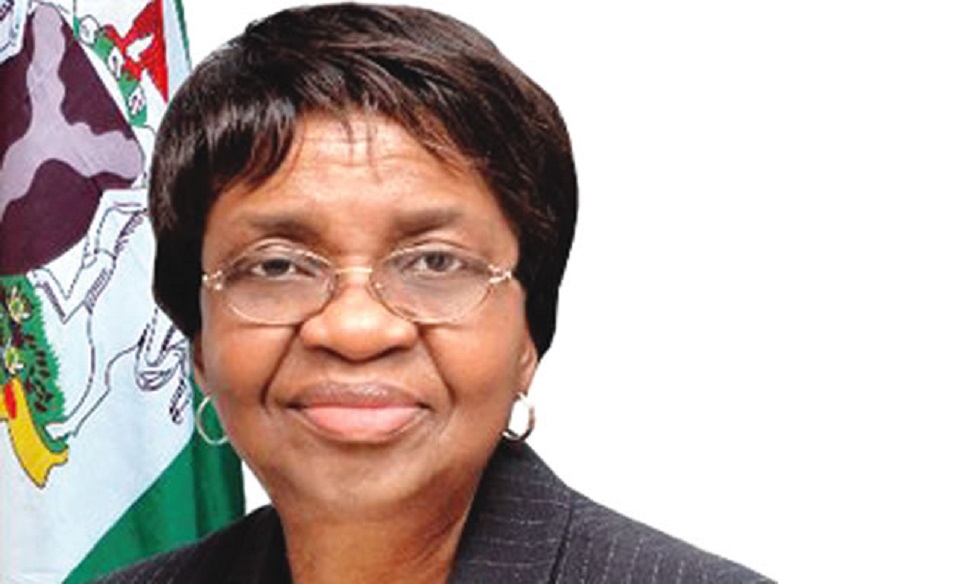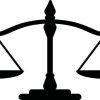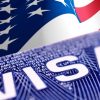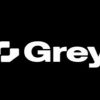National Agency for Food and Drugs Administration and Control (NAFDAC) has alerted Nigerians on the ban on Dex Luxury Bar Soap (No 6 Mystic Flower), by the European Union (EU).
The notification is contained in a public alert with No. 012/2024, signed by Prof Mojisola Adeyeye, director-general, NAFDAC, and issued to newsmen in Abuja on Sunday.
“The product does not comply with the cosmetic products regulation; it also contains Butyphenyl Methylpropional (BMHCA), which is prohibited in cosmetic products due to its risk of harming the reproductive system.
“It also causes harm to the health of unborn children and may cause skin sensitisation.
“It is as a result of the defective nature of the product that the EU banned it.
“The products is not in NAFDAC database; importers, distributors, retailers and consumers are to exercise caution and vigilance within the supply chain,” she said.
NAFDAC boss urged marketers and consumers to avoid the importation, distribution, sale and use of the product, stressing that product’s authenticity and physical condition must be carefully checked.
She enjoined members of the public in possession of the product to discontinue sale or use and submit stock to the nearest NAFDAC office.
![]()

